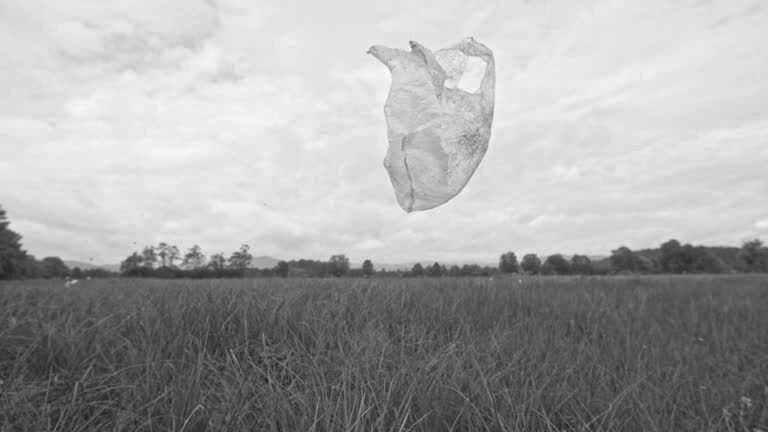The Ultimate Brain Jam Session (Why Chess Is More Than a Meme?)
- Hamza Drioua
- Dec 25, 2024
- 2 min read
Updated: Jan 3

Confession: I’m No Grandmaster (And That’s Okay)
Let’s get this straight—I’m not some chess prodigy. No trophies, no ratings, no secret handshake with Magnus Carlsen. I’m just someone who loves the game because it’s equal parts fun and brain fuel. Chess isn’t about memorizing openings like you’re cramming for a test. It’s about clear thinking, a dash of creativity, and learning to keep your cool when everything’s on fire.
Why Chess? It’s a Brain Meltdown (In a Good Way)
To the outside world, chess looks like two people staring at a board, occasionally moving a piece like they’re reenacting a snail race. But beneath that calm facade? Their brains are lit. They’re juggling moves, tossing bad ideas, and plotting their next 17 steps—all while keeping a poker face. Sure, it sounds intense, but that’s where the magic (and the growth) happens.
Left Brain, Meet Right Brain: The Perfect Tag Team
Chess makes your brain ambidextrous. On one side, there’s logic—rules, patterns, and calculated moves. On the other, creativity—the wild, unexpected plays that keep your opponent guessing. Together, they form the ultimate mental tag team. Chess teaches you how to balance both: when to play it safe and when to channel your inner maverick.
The Brain Gains Are Real
Here’s why chess is basically a gym membership for your mind:
Planning and Goal-Setting: You’re always asking, What’s my game plan here?
Problem-Solving: You test moves in your head, trash the bad ones, and refine the good.
Accountability: Lost? That’s on you, buddy. No blaming lag, bad teammates, or the universe.
Emotional Control: Your dream play gets crushed? Stay calm and rethink—no rage quits allowed.
Emotional Intelligence: Checkmate Your Impulses
Picture this: You’re about to deliver the winning move, heart pounding like a drum solo, and then—bam—your opponent flips the script. Panic sets in. Can you regroup without going full toddler meltdown? Chess forces you to pause, breathe, and strategize under pressure. Turns out, that’s a pretty handy life skill.
Why Kids and Chess Are a Power Combo
Kids don’t have fully baked logic centers yet (no offense, kiddos). Chess helps build that muscle. Watching a kid think three moves ahead is like seeing a tiny architect draft blueprints for a skyscraper. Bonus: questions like “Does that really help your goal?” make for great parenting moments, whether the topic is chess or messy bedrooms.
Life Lessons, One Move at a Time
Here’s the hard truth: in chess, if you keep losing, you can’t blame your opponent, the board, or Mercury retrograde. You need a new strategy. Same with life—growth happens when you stop pointing fingers and start adjusting your game.
Final Thoughts: Your Biggest Opponent Is You
Life will always throw curveballs. You can’t control all of them, but you can control how you respond. Chess is the perfect practice ground for making smart decisions under pressure, blending logic and creativity, and owning your wins—and your losses. So, grab a board, start playing, and discover this little secret: your toughest competition isn’t across the board—it’s the part of you afraid to make a move.




Comments